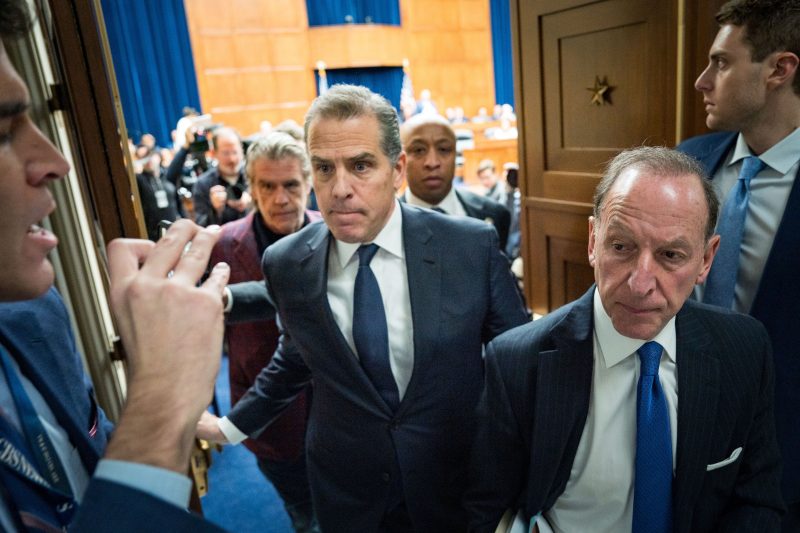
Breaking News: Committees Set Sights on Hunter Biden, Contempt Vote in Play!
“House Committees Vote to Refer Hunter Biden for Contempt: An In-depth Analysis”
Introduction
In the latest development from Capitol Hill, House committees have voted to refer Hunter Biden, son of President Joe Biden, for contempt. This momentous decision echoes through the corridors of power, raising questions about the implications for the Biden administration and its political trajectory.
Setting the Stage
Leading up to the event, Hunter Biden has been in the spotlight for various reasons. Primarily, concerns and inquiries revolve around his overseas business ventures and allegations of illicit activities. Most notably, the Senate Committees on Homeland Security and Governmental Affairs and on Finance have been rigorously investigating these matters.
The Vote
In an individually historic move, the House committees, after careful review of the evidence and testimonies presented, have cast their votes to refer Hunter Biden for contempt. This referral functions as a formal recommendation to the judicial body to prosecute legal action.
Implications for Hunter Biden
Upon referral for contempt, Hunter Biden might face judicial inquiry or legal consequences. Depending on the nature of this contempt – and assuming the judiciary decides to prosecute – consequences may range from fines to imprisonment. The nature and impact of the repercussions largely depend on the severity and validity of the allegations made against him.
Political repercussions
Politically, this development can be seen as a litmus test for the Biden administration. As much as this situation challenges Hunter Biden individually, it also seems to echo larger themes of political accountability and familial ties in the political sphere. The credibility and integrity of the Biden administration could potentially face trials in the court of public opinion.
The Role of Opposition
The opposition, mainly Republicans, have had a vested interest in calling for a comprehensive investigation regarding Hunter Biden. As the narrative develops, it is likely that they will use this situation to question the administration’s transparency and credibility. The Democrats, on the other hand, may be put in a position to defend their president and his family, depending on how the situation unfolds.
Conclusion
The House committees’ vote to refer Hunter Biden for contempt marks a critical juncture. It not only brings the spotlight back onto Hunter Biden’s controversial exploits but also raises critical questions about political ethics, accountability, and the overlapping spheres of political and personal interests. As subsequent developments unfold, this news will invariably steer the political discourse in the United States. This incident also underscores the complex intertwining of politics and judiciary, bringing to the fore the importance of upholding impartiality in both domains.
